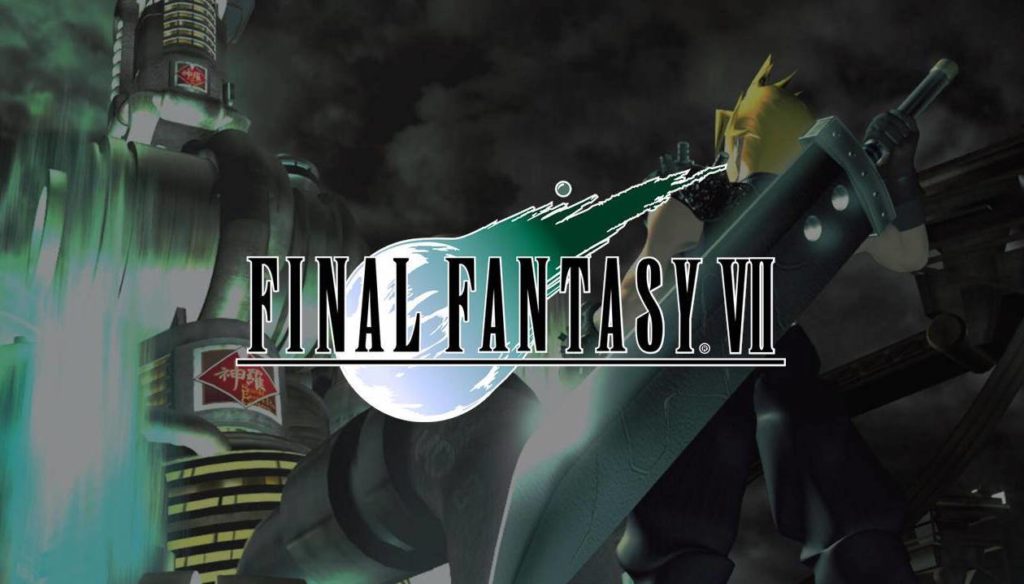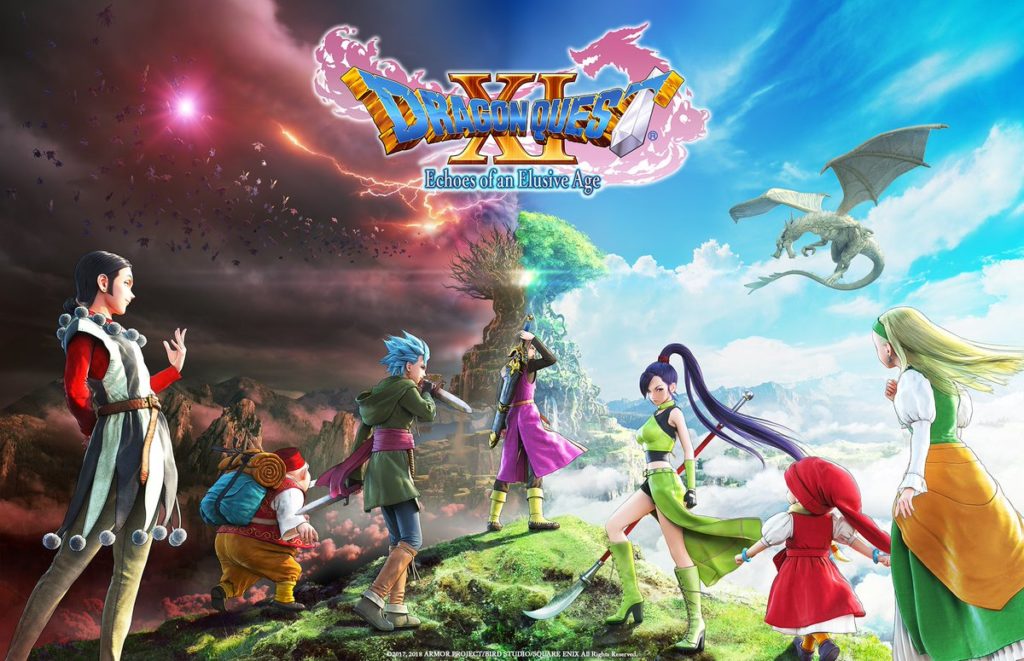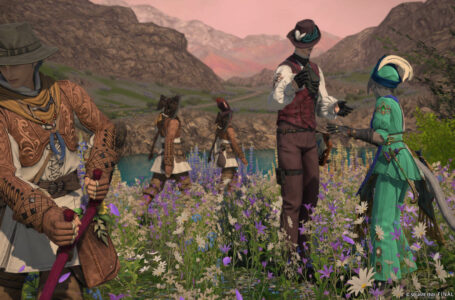Is turn-based a thing of the past?
A lot of the big-name RPG developers have been moving away from turn-based combat in recent years, and with Dragon Quest 12’s confirmation that it will also be changing its combat system, I want to talk about how turn-based combat is slowly phasing out and may be a thing of the past.
I grew up on Pokémon, and it was the only real turn-based game that I played when I was younger. It wasn’t until my late teens that I would start to dive into RPGs such as Final Fantasy, Persona, and so on — and from that point on I personally fell in love with the turn-based combat system. Throughout this piece, I want to talk about some of my first experiences with it, more modern cases of turn-based combat, and the proof that it can still do well — along with why I think it’s slowly phasing out.

Classic RPGs
Popular in both Japanese and western role-playing games, turn-based combat sees players commanding one or more characters by selecting choices from a menu. For example, in the Final Fantasy games, players can choose from a plethora of different commands such as Attack, Magic, Summon, Item, and so on. This system makes way for players to take numerous different paths as there is no single clear-cut way to defeating the enemy in front of them.
The Final Fantasy franchise in particular became increasingly popular, not only in Japan but also in the west. The rather slow-paced gameplay of the combat managed to perfectly match the way that RPGs told their stories to the players. Being able to take your time, think, absorb the information on the screen, then plan out your attack was all a match made in heaven.
Even though I am a big fan of turn-based combat myself, I do also think that the technological limitations of that era helped in the popularity of turn-based combat. I remember playing games like Spider-Man on the original PlayStation, and as much as I’m sure I loved it as a kid, many action games from that era have not aged all that well. But despite being from so early on in the timeline of video games, turn-based combat, on the other hand, was incredibly well-refined even from its early iterations.
When I hit my peak with Final Fantasy and started marathoning game after game, I went back and played through all of them and enjoyed every second. Even though it’s much more simple when compared to later games, the first Final Fantasy still stands as an incredibly fun game to play. (Play the PSP version if you can — the extra stuff is awesome – Ed.)

Modern turn-based combat
Turn-based isn’t completely gone yet, and some of my favorite games within the last few years have been RPGs that take this classical formula and add a little bit of something unique to it which freshens up everything.
The first game worth considering in this regard would have to be Persona 5. This game was the latest installment in a long series of games that wonderfully mixed turn-based combat with visual novel-esque dialogue and decision making, resulting in a near-perfect gameplay loop that is understandably popular.
The way you play through the game outside of the combat can have massive effects on how the combat plays out. For example, “Baton Pass” is an ability to pass the current active turn over to another character, which can be useful when it comes to exploiting enemy weaknesses — but it’s only possible between characters who have developed their relationship to a certain extent.
Persona’s main gimmicks so far as combat is concerned are the ability to acquire numerous “Personas”, resulting in tons of different abilities, along with its “Press Turn” battle system, which allows you to exploit enemy weaknesses to knock them down, then unleash an All-Out Attack for heavy damage.
Another modern game I need to mention is Dragon Quest XI: Echoes of an Elusive Age. This title took a different approach than Persona: rather than adding new things and blending genres to create a fresh take, Dragon Quest felt like a truly refined form of its classic battle system. It is turn-based, plain and simple, but it has a little bit of pep in its step.
The pep-up powers allow for cool and distinctive combo attacks depending on the characters you had out at the time. Speaking of characters, similar to Final Fantasy X, you can actively change your party members mid-battle, making for turn-based combat that still feels dynamic

Conclusion
I don’t want to see this wonderful style of combat die out — and honestly, I don’t think that it ever truly will, but we cannot deny that most players nowadays are after games with a much more responsive and active form of combat. I can totally understand it, especially with how great real-time combat is in today’s games — we’ve come a long way since the ’90s, after all.
I do think that there is a lot to be said, though, for how well slower-paced combat perfectly complements the enjoyment of a game with a heavy focus on story. Having to keep track of numerous different things on the screen at all times and making sure all your party members are healthy, while also making sure your main character isn’t getting hit can be extremely distracting; turn-based combat allows you to focus on all these things one at a time rather than all at once.
With the Final Fantasy franchise already having moved away from turn-based combat quite some time ago, and now Dragon Quest 12 following in its footsteps with something new, I can’t help but wonder what exactly a possible Persona 6 may end up looking and playing like.
In the meantime, let’s keep enjoying turn-based classics while we still can!
Join The Discussion
Rice Digital Discord
Rice Digital Twitter
Rice Digital Facebook
Or write us a letter for the Rice Digital Friday Letters Page by clicking here!
Disclosure: Some links in this article may be affiliate links, which means we may earn a small commission if you make a purchase after clicking on them. This is at no additional cost to you and helps support Rice Digital!
- Hump Day Husbandos: Shu Yamino (Nijisanji EN) - September 14, 2022
- Waifu Wednesday: Eunie (Xenoblade Chronicles 3) - August 31, 2022
- LazuLight, One Year Later - August 29, 2022





